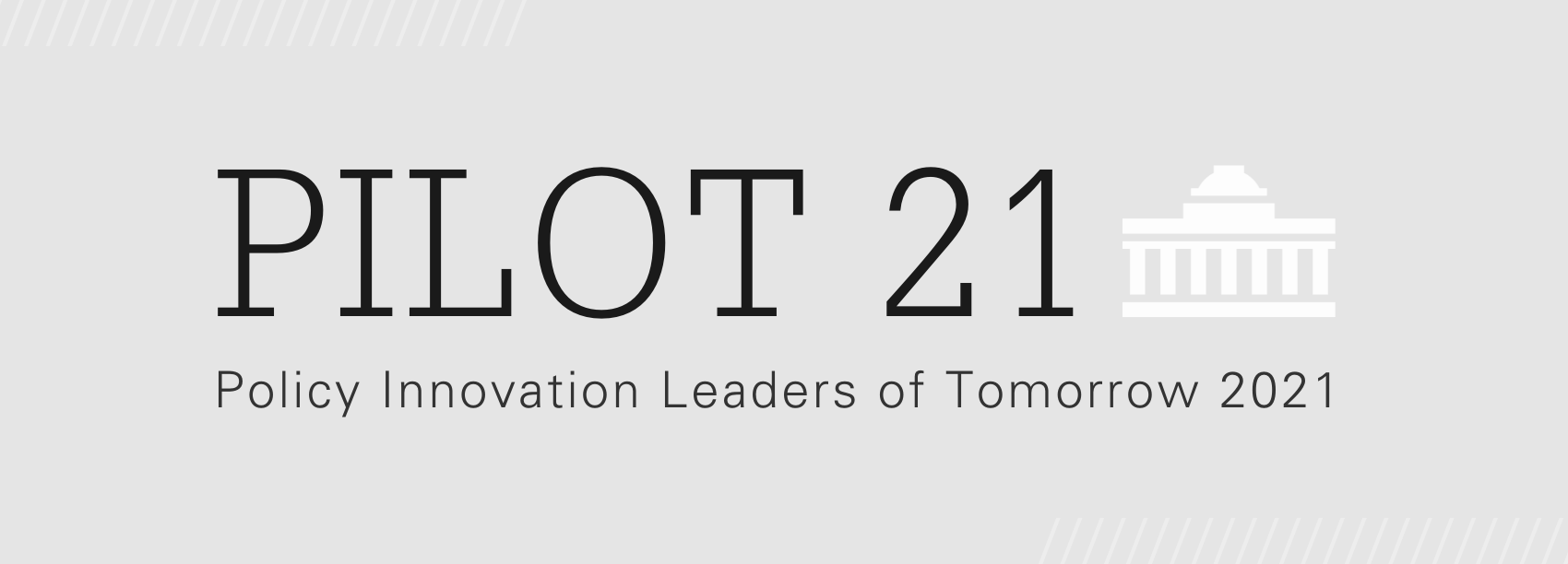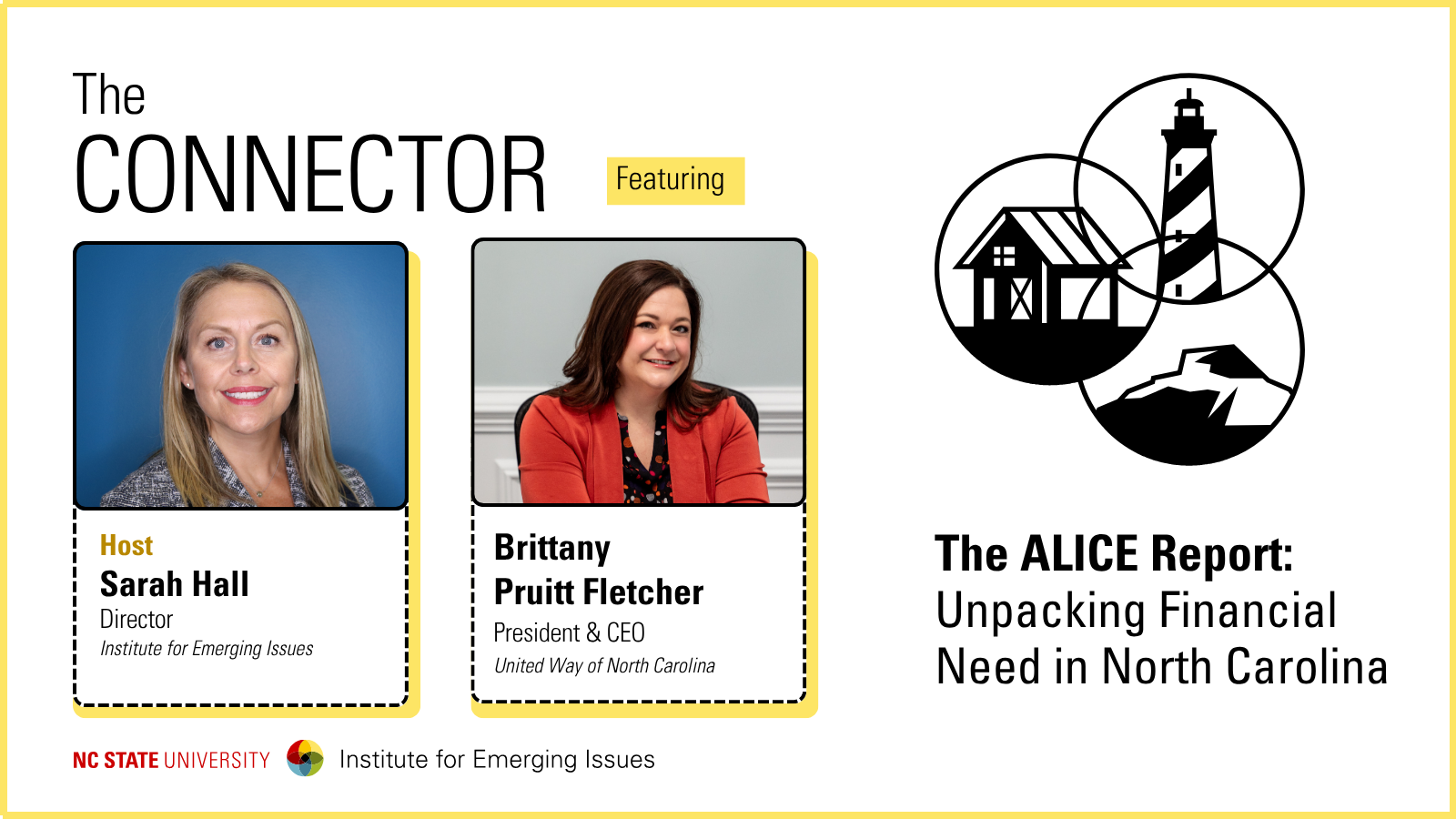UNC-Asheville’s Community Coalition Approach to Food Insecurity


Guest post by Ron Dumas, UNC Asheville, Ethics of Social Institutions, Class of 2022.
Edited by Fisayo Bashorun and Chris Sabb.
When we began our PILOT 21 program here at UNC-Asheville, we set out to create a long-term sustainable solution to college food insecurity that is student-driven, does not rely on continuous volunteer student labor, and prioritizes student’s time and commitment to their education first. To do this, we developed a plan that supports and strengthens the existing food equity program, the Food Equity Initiative; propose a university-wide policy that creates wider access for students that would otherwise be unreached by food donation drives, facilitate marketing campaigns that spread awareness in the campus community, and forge coalitions of Student Organizations and partnerships with staff-run departments like University Advancement, Food Services, and Financial aid. All of these we believe to be critical to both empowering fellow students to get involved with their own public policy programs and reducing the demand for volunteer student labor in the critical program of Food Security.
To begin, we met with the Food Equity Initiative, UNCA’s premier food insecurity program, to identify the issues faced by the organization. We found four critical issues that could be addressed by our team:
- College food insecurity does not get enough attention to be recognized as an issue. As a result, it is difficult for the Food Equity Initiative to get funding.
- When food drives happen on campus, the food that is donated is insufficient, expired, or there isn’t enough of it. Director Jordan Perry believes that it is easier to just have money to buy food since food drives have been unsuccessful.
- We identified a lack of clarity on how to access SNAP benefits and how SNAP benefits impact a student’s financial aid. We also found that there are stigmas for using SNAP benefits that deter people from using them.
- Finally, food donation drives, the FEI’s main strategy for food distribution, target students that can make it to the donation center during a very limited time because the model requires volunteer student labor supporting the demands of students who cannot access food.
So, our goals as an organization became:
- To propose a Meal-swipe sharing program, that is supported by donated meal swipes from students that would otherwise go to waste.
- To provide funding for the Food Equity Initiative Program by partnering with the Office of Advancement and employing two fundraising strategies – one that collects an initial reservoir of meals for our proposed meal swipe sharing program and one to host events to raise funds directly for the Food Equity Initiative.
- To ensure that information about access and impact of SNAP benefits for students is readily available to any student that may need it, by working closely with the Financial Aid office and amplifying the voices of individuals impacted by Food Insecure to dispel negative and discouraging connotations.
- To create a network of involvement for students with an interest in Grassroots Public Policy work.
Addressing these challenges has proved to be a busy process but has taught me a critical lesson: the importance of a great team and intersectional partnerships. As a student leader, I am truly lucky to have a team of incredibly intelligent, dedicated, and diversely talented students that drive this project forward every step of the way. They work tirelessly to support my over-ambitious ideology and I am inspired by their hard work every time I write emails, call meetings, or do anything related to this project. The Policy Innovative Leader Team at UNCA are the true heroes of this project. No matter how this project turns out, I am more grateful to them than I can ever really explain.
- Categories:


